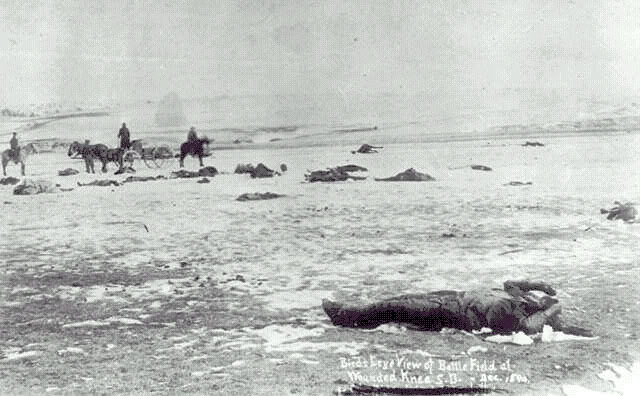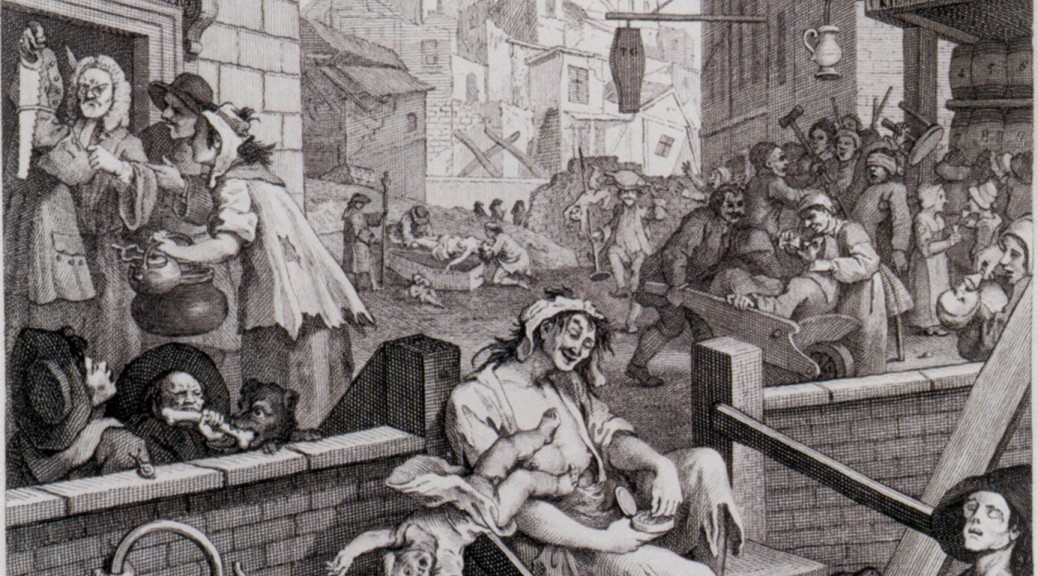What is the riot act? Did your mother ever say, “If you come home past curfew, your father is going to read you the riot act!”? Or a friend said, “Remember that time we sneaked a goat into the teachers lounge? The principal sure read us the riot act.”?
Now it usually is used to mean a harsh scolding that enumerates all your current misdeeds. If you also get a list of everything you’ve done wrong in forever, that means you’ve married a wife with an excellent memory.
Where did this come from? Well, in 1714 the British Parliament passed a law that would allow the local constabulary to disperse a crowd of 12 or more people in order to prevent “tumults and riotous assemblies”. First they would be read a proclamation that they must break up the group, within an hour, on pain of death.
Our Sovereign Lord the King chargeth and commandeth all persons, being assembled, immediately to disperse themselves, and peaceably to depart to their habitations, or to their lawful business, upon the pains contained in the act made in the first year of King George, for preventing tumults and riotous assemblies. God Save the King!
The riots were serious business. It was a clash of politics and religion – the Whigs vs. the Tories. At that time, the Whigs were Scottish Presbyterians and the Tories were Irish Catholics. The Whigs were wanted primacy of Parliament over the King and the Tories said, “That will only happen on opposite day, and that’s not today!” (That quotation of the Tories may not be exactly, completely, historically accurate. Feel free to disregard that and just assume they said something boring about wanting the King to be over Parliament.)
Have you noticed that the difference between Riot Act and Patriot Act is just one little “pat”? Probably the one they give you going through airport security.
If you want to read the text of the Riot Act, you may do so on Project Gutenberg. If that’s too tl;dr for you, you can listen to it on LibriVox.
You can find a lot more about Whigs and Tories on this George Mason University page, Historical Outline of Restoration and 18th Century British Literature.
Instead of posting a picture of a riot, I posted a field of flowers. You’re welcome.



